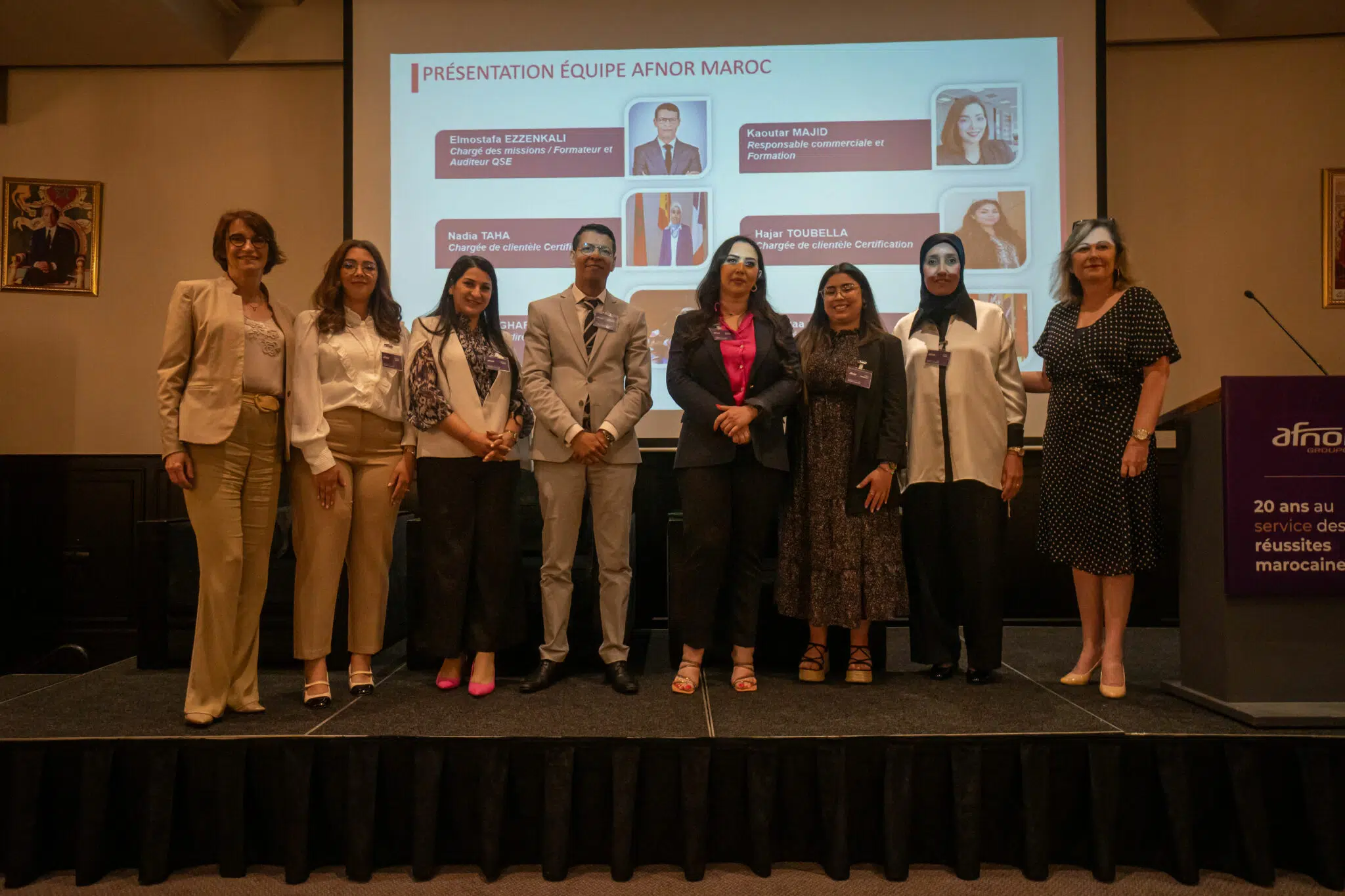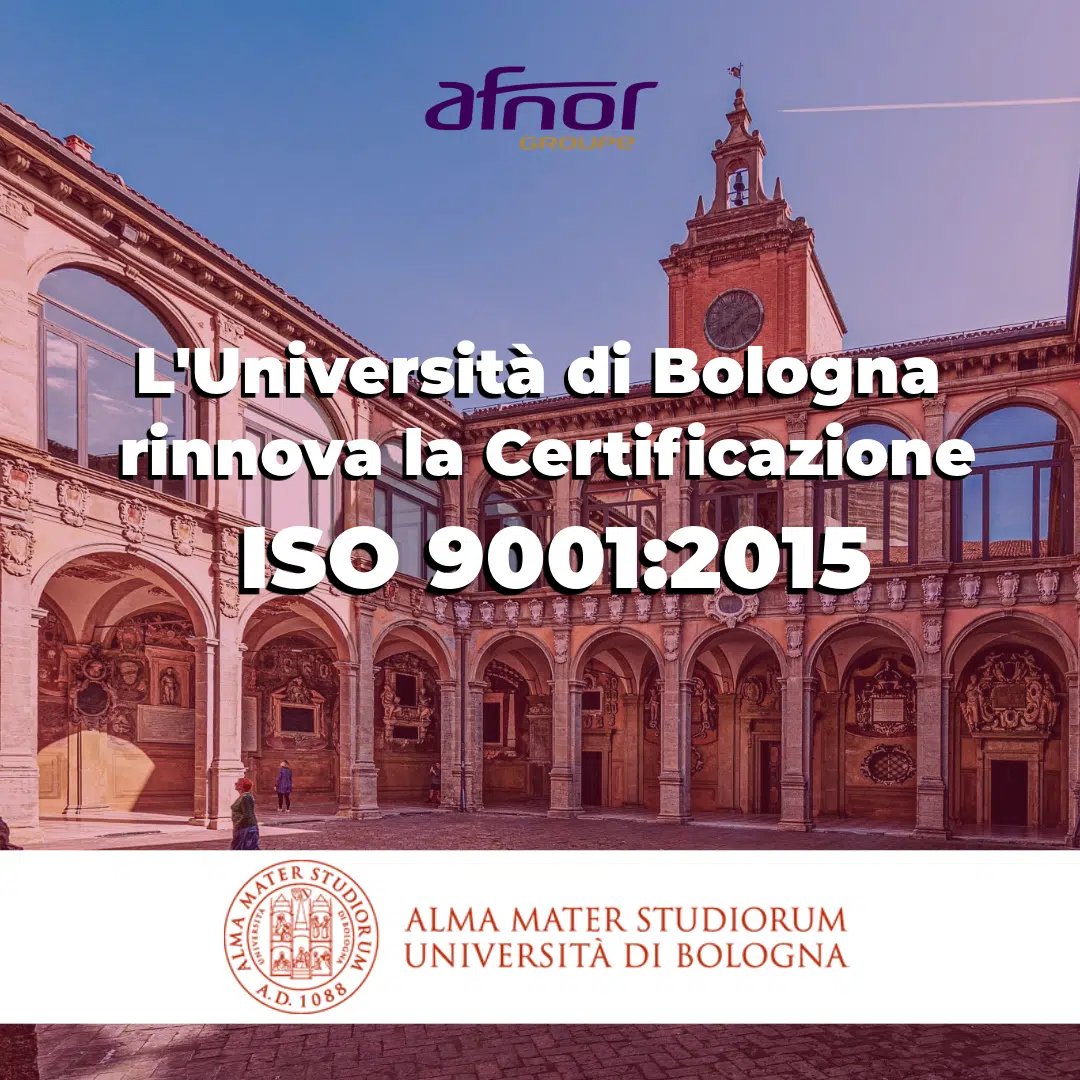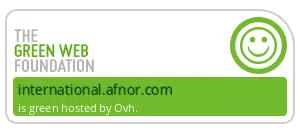After 3 previous articles in which we explored the definition of quality, the links with CSR and digital technology, here is the conclusion of this major international study conducted by the AFNOR Group in 2023. More than 1,300 corporate quality decision-makers from 37 different nationalities help us to draw up a portrait of what quality will look like in the future.
What do quality decision-makers need for tomorrow? The need for support is not the same, and not of the same intensity. Whereas in France, people prefer to be supported on quality projects (excluding certification), in Germany, for example ,very little work is done in-house (in-house management = 46% in France vs. 9% in Germany) .
In France, it's mainly on the subject of culture that a need for support is expressed, with the aim of getting employees throughout the organization to adhere to quality projects and, more broadly, to reflect on the importance of quality in a performance approach. As this decision-maker explains: "Quality should be a tool for mobilizing employees to deploy the company's strategy and achieve efficient operation."
In Germany, the focus at 84% is very much on "data for quality" as a lever for process optimization.
In the USA and the UK, the focus is on quality management.
So we can see that the need is more holistic. There's also a real need for skills.
Finally, for a partner in Mexico, it's via the organization's executives that work needs to be done: "I always try to reach the top management, identify this element, convince them or show them the advantage of including this concept of quality throughout the company and not just for the products and services they manage."
What else do we need to do, beyond being accompanied on these projects?
There's a real skills issue at stake, and quality decision-makers in general point to the importance of acculturation.
This aerospace professional in the UK explains, "Putting the right education program in place for people to learn quality ... getting more people, younger people, into this career."
So we're more on the educational side here, upstream of a career choice.
Another, in the IT sector in France, talks about skills to support operational staff.
In conclusionQuality is on the move.
If we summarize all the analyzed parts of this study, we can distinguish 3 main trends:
- Firstly, the dogma of a methodical approach makes automation unavoidable, and challenges the place of the human versus the technological in quality culture. It's true that digitization will transform the quality profession (just as it is already transforming many other fields...). But there will always be a need for people. The question of skills is therefore central, and quality decision-makers need to develop them throughout the chain.
- Secondly, ethics and performance bring the concepts of quality and CSR closer together; their interdependence thus "de-silos" the themes in the service of a transparency and authenticity often claimed. Organizations are expected to be responsible, and to align their entrepreneurial ambitions with strong societal expectations. Major societal issues and the new expectations of "citizen-customers" are shaking up the world of quality.
- Finally, the ultimate challenge is to continue to satisfy the customer, no matter what, so that he or she becomes a promoter of the products or services, notably through the opinions left on platforms. At the end of the chain, the consumer-citizen is driven by experiences that guide his or her satisfaction, making it difficult to measure objectively.
In order to integrate these 3 trends, quality must be clearly aligned with corporate strategy. To achieve this, quality must find, or rather rediscover, its transformative value. This will require a solid quality culture , one in which the quality decision-maker is more a coach than a proceduralist. A culture in which skills are nurtured throughout the chain. Finally, the management and monitoring of customer satisfaction will be fundamental, through the identification and measurement of relevant indicators.
As one of the quality decision-makers summed up perfectly, "Quality must be the conductor of corporate performance, a toolbox at the service of the company and the ambitions of top management".
Read more
- on ISO 9001 - Quality Management System certification
- on QSE certification - Quality, Safety and Environment
- on ISO 27001 certification - Information Systems Security
- about ISO 9001 - Building your QMS according to the standard
- on the ISO 9001 and ISO 27001 Qualification of Internal Auditors course
- about our certification offer
- on our training offer
- on the previous article "QUALITY AS SEEN BY 1300 QUALITY DECISION-MAKERS FROM 37 NATIONALITIES - PART 1 OF THE AFNOR GROUP STUDY"
- on the previous article "QUALITY AS A CSR TOOL - PART 2 OF THE AFNOR GROUP STUDY"
- on the previous article "QUALITY AND DIGITALITY - PART 3 OF THE AFNOR GROUP STUDY"
- on our international network.








